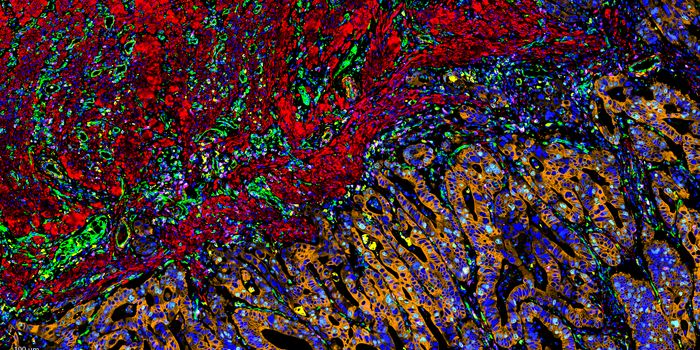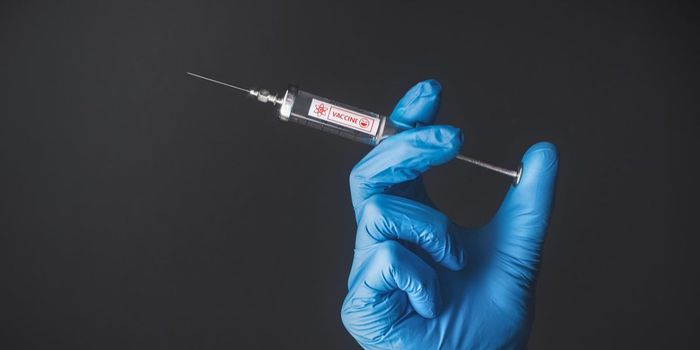Inhibiting large cellular populations of myeloid derived suppressor cells (MDSCs) could be a new therapy for prostate cancer, results show from a study at the University of Texas MD Anderson Cancer Center.
Upon infection by a pathogen or cancerous cells, MDSCs expand and suppress the T cell response needed by the body to properly fight cancer growth. Reversing this process might be the key to treating prostate cancer.
"MDSCs are infiltrating immune cells that promote tumors through their striking lack of immunological response,” said Y. Alan Wang, PhD and co-author of the study paper recently published in
Cancer Discovery.
At first glance it seems that the T cell-inhibiting action of MDSCs is counterintuitive, but this action does come in handy when the body is regulating “immune response and tissue repair” in healthy individuals (
Nature Reviews Immunology).
Using a unique prostate cancer mouse model and patient tumor samples, scientists from the University of Texas depleted MDSCs in the models and observed the subsequent response of the tumors. After seeing progression suppressed, the team was also able to identify a regulatory pathway involving Hippo-Yap1 and Cxcl5, a chemokine that attracts MDSCs which then express anther protein, Cxcr2. Because of its association with MDSCs, blocking Cxcr2 similarly suppressed tumor progression to when MDSCs are directly suppressed.
The same result also occurred when Yap1 expression was inhibited. As a regulator of Cxcl5, Yap1 is unable to recruit MDSCs to the tumor site when inhibited.
"The targeting of either MDSC recruitment or infiltrated MDSCs may represent a valid therapeutic opportunity in treating advanced prostate cancer." Said Ronald A. DePinho, MD, and the other co-author on the paper.
Watch the following video to learn more about prostate cancer.
Source:
University of Texas MD Cancer Center









